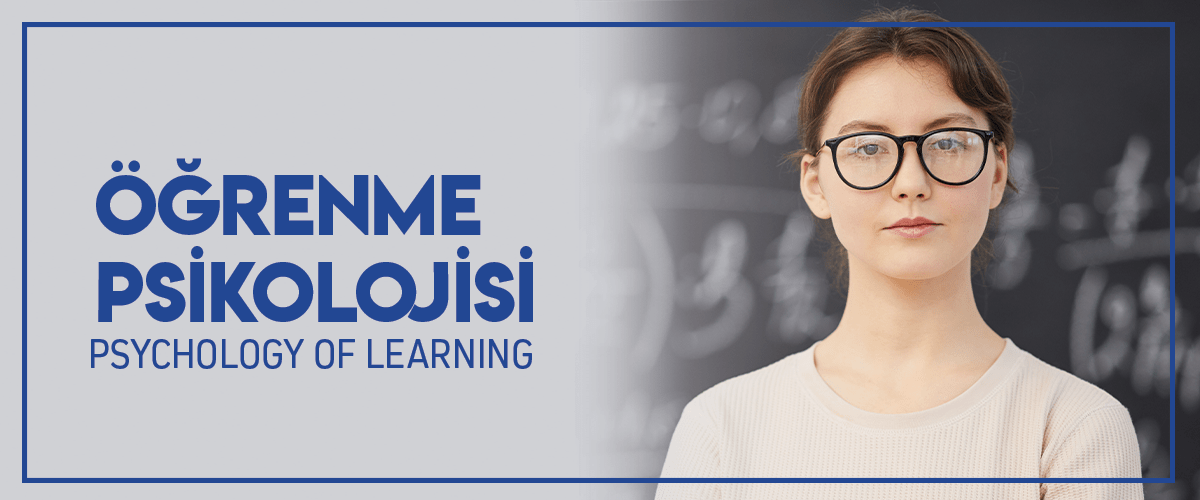Anadolu Koleji Yabancı Diller

Öğrenme yaşam tecrübesi sonucunda davranıştaki nispeten veya kalıcı değişiklikleri ifade etmektedir. Bir dil öğreniminde iki önemli faktör vardır. Bunlar;
İçsel faktörler sağlık durumu, ilgi,yetenekler,önbilgi,güdülenme düzeyi,benlik tasarımı,zeka,tutum,güven ve yaş ile ilgilidir.
Dışsal faktörler ise öğretmenler ve ders materyalleri, öğretim yöntemleri,yazılı dökümanlar,arkadaş grupları,kitle iletişim araçları,görsel ve işitsel araçlar, dışsal pekiştireçler ve öğrenme ortamı ile ilgilidir. Bu iki faktör birbirinden ayrılamaz. Çünkü öğrenici başlangıçta içsel faktörler sayesinde bireysel öğrenir ve belirli düzeye ulaştığında dışsal etmenlere de ihtiyaç duyar. Her şeyi tek başına öğrenmesi mümkün değildir. Bu yüzden daha önce öğrenmeyi tecrübe etmiş birilerinin bilgi birikimlerinden yararlanmak ister.
Bir bebeği düşünelim.
Bir bebek doğumdan ölüme kadar öğrenmek için gerekli donanıma sahip biyolojik bir varlıktır. Ve yaşamının ilk yıllarında içsel faktörleri doğrultusunda öğrenimini gerçekleştirmek adına çaba sarfeder. Ancak bu içsel faktörler bebeğin öğreniminde yetersiz kalır ve bu durumda çevresel faktörler bebeğin hayatına dahil olur. Bebekliğin ilk yıllarında anne,baba ve yakınları bebeğe bilgi birikimlerini aktarırlar. İlerleyen yıllardaki okul dönemlerinde ise öğretmenleri ve arkadaşları bu öğrenime dahil olurlar. Okul çağına gelinceye kadar anne babasından taklit yoluyla,yaparak,yaşayarak,dokunarak somut olarak hayatı öğrenen çocuk okula başladığında ise bu somutsallıkları bilimselleştirmeye de başlar. Bu aşamada çocuğun hayatında öğretmen en etkili rolü üstlenen kişi olur. Çünkü öğretirken üstlendiği bu sorumluluğu en ince ayrıntısına kadar düşünmelidir. Örneğin bir konuyu anlatırken konunun yapısını,konuya ayrılan zamanı,öğrencileri konuya aktif olarak dahil etmeyi ve bu aktif katılımın verimli bir biçimde geri dönütünü almayı hedeflemelidir. Öğretilen konu bir bütün halinde verildiğinde,aralıklı çalışma öğrenicide alışkanlık haline getirildiğinde, öğrenici bu çalışmayı dinleme,okuma,anlatma,yazma şeklinde kendi içinde sınıflandırarak tekrarladığında hem bedensel hemde zihinsel olarak tam bir öğrenme gerçekleşir. Ve bu sayede öğreniciden geri bildirim almak kolaylaşır ve öğrenme hangi ders hangi konu olursa olsun kısa süreli değil ömürlük olur.
Unutmayın ki! Dikkatinizi toplarsanız,hafızanızı canlı tutarsanız ve kendinizi motive ederseniz, kendinize inandığınız sürece hiçbir şey imkansız değildir.
LEYLA KAŞAĞICI
MERVE KOLEJİ İNGİLİZCE ÖĞRETMENİ
PSYCHOLOGY OF LEARNING
Learning means relatively or permanent changes in behaviour as a result of life experience. There are two important factors while learning a language . These are ;
Intrinsic factors are related to physical condition,concern,abilities,foreknowledge,motivation level, personality design, intelligence,manner, confidence and age.
Exogenous factors are related to teachers and teaching materials, teaching methods,written documents ,groups of friend, mass media, audiovisual aids,external reinforcer and learning athmosphere. These two factors are inseperable from each other. Because at the beginning, a learner learns something thanks to intrinsic factors and he/she also needs exogenous factors when he/she reaches a certain level. It isn’t possible to learn all the things alone. So he/she wants to benefit from someone’s experience about life and knowledge.
Let’s think a baby.
A baby is a biological asset who is equipped to learn from birth to death and at the beginning of his/her life he/she makes an effort to realize his/her education in the direction of intrinsic factors. But these intrinsic factors remain incapable of a baby’s learning and at this stage exogenous factors are included to the baby’s life. In the early years of infancy , the baby’s father ,mother and relatives transfer their knowledge to the baby. In later school terms, his/her teachers and friends are included in this learning. Until the school age a child learns all the things from his/her father,mother by mimetically, by practising,by touching to the tangible things. When he/she starts school, she/he begins to scientificize these embodiments. At this stage , the teacher becomes the person who takes the most effective role in the child’s life. Because he/she should consider this responsibility he/she undertakes while teaching, to the finest detail. For example, while the teacher is telling a topic, he/she should aim to actively involve the students in the time, allocated to the subject and to get the feedback of this active participation effectively. When the taught subject is geven as a whole, when spaced work becomes a habit in the learner, when the student repeats this work by classifying it in the form of listening,reading,writing,telling,a complete learning occurs both physically and mentally. In this way it becomes easier to get feedback from the learner and the learning will be lifelong, not short term, regardless of which subject.
Don’t forget that, if you focus on your attention , keep alive your memory and motivate yourself, nothing is impossible as long as you believe in yourself.
LEYLA KAŞAĞICI
MERVE COLLEGE ENGLISH TEACHER